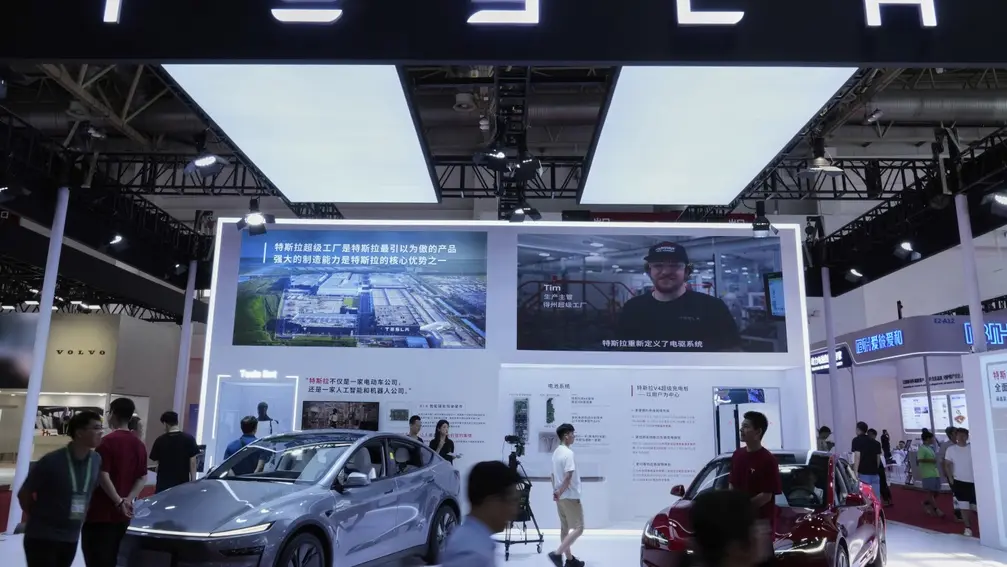T4K3.news
Tesla Robotaxi in Texas Next Month
Tesla secures Texas rideshare license and will open its robotaxi to the public next month, signaling a major step for robotaxi rollout in the state.
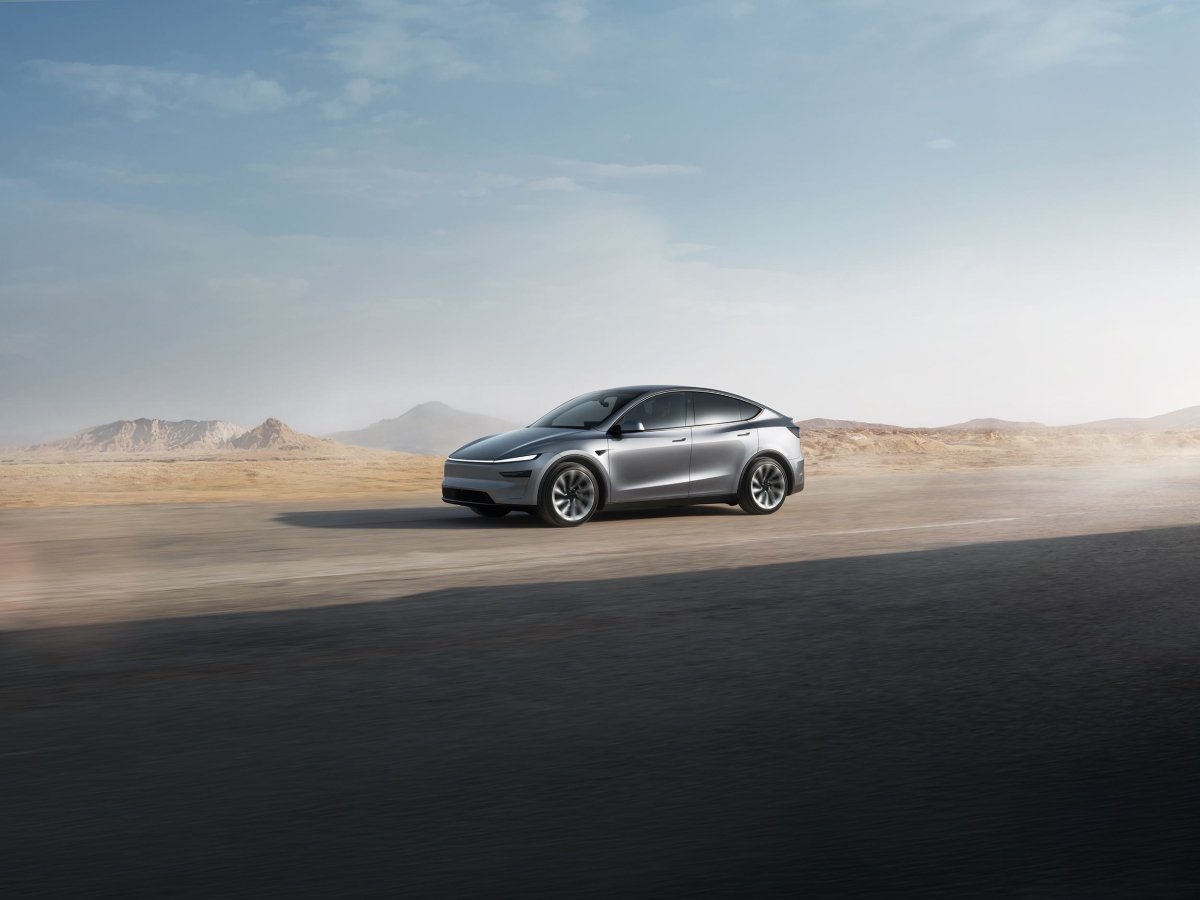
Tesla secures a Texas rideshare permit and plans a public robotaxi launch next month while tightening its AI hardware strategy toward a unified platform.
Tesla Wins Texas Rideshare License and Opens Robotaxi to Public Next Month
Tesla has been granted a Texas TNC rideshare license, paving the way for its robotaxi service to reach the public next month. The move marks a notable step for a tech-forward approach to urban mobility and comes as regulators in Texas review safety, insurance, and local operating rules before wide deployment. Analysts will watch how the service handles rider safety, data privacy, and integration with existing transport networks.
Beyond the license news, Tesla is shifting its broader AI hardware strategy toward a single converged platform, AI6, and phasing the Dojo V1 and V2 work into a unified architecture. Company officials say a streamlined path will accelerate development and deployment by reducing the complexity of separate training and inference chips. The tech pivot signals a long-term bet on in-house hardware that can both train and run autonomy software at scale.
Key Takeaways
"This is the key to understanding the entire move. The problem wasn’t Dojo’s potential, but the inefficiency of developing two separate AI chips in parallel."
Musk on the Dojo pivot and convergence strategy
"Dojo isn’t dead yet as a Supercomputer. Its spirit will live on, using the next generation of vehicle chips."
Musk on the Dojo pivot and hardware continuity
"Dojo 3 arguably lives on in the form of a large number of AI6 SoCs on a single board."
Musk on the converged hardware path
The Texas rollout will test public appetite for autonomous rides, rider experience, and the regulatory framework governing robotaxis. If the service proves reliable and affordable, it could pressure competitors and reshape how cities think about driverless transit. The Dojo pivot illustrates a broader industry trend: convergence over fragmentation. By focusing on a single AI stack, Tesla aims to shorten feedback loops and speed up updates to its FSD system. Yet investors will weigh the risks of dependence on in-house silicon and external chip supply for mass production. The question is not just technical elegance, but whether this streamlined approach translates into safer, cheaper, and faster service for riders.
Highlights
- Convergence beats fragmentation in robotaxi tech
- One chip future unlocks faster AI roadmaps
- Dojo lives on as Dojo 3 in a united AI6 era
- This pivot sharpens focus and speeds deployment
Regulatory and Public Reaction Risks
The Texas rollout hinges on safety, insurance, and local approvals. Public trust in autonomous rides and potential backlash over safety incidents could affect adoption. Investor sentiment may react to the pace of deployment and hardware milestones.
The road to mass robo-taxis will test safety, cost, and city readiness more than hype.
Enjoyed this? Let your friends know!
Related News
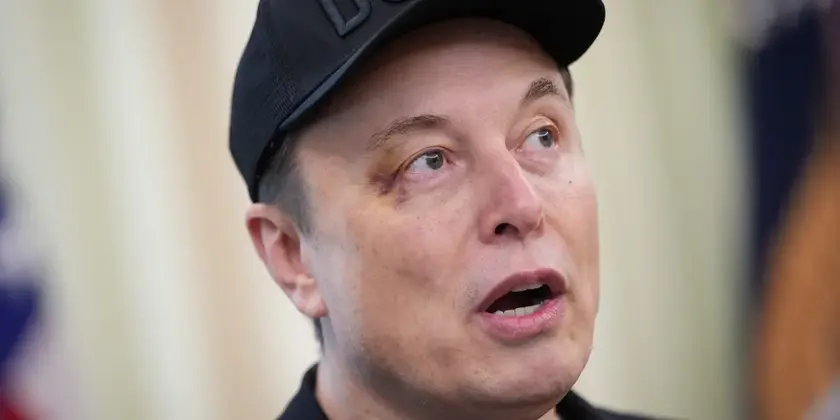
Tesla experiences stock decline after Musk alters growth forecasts
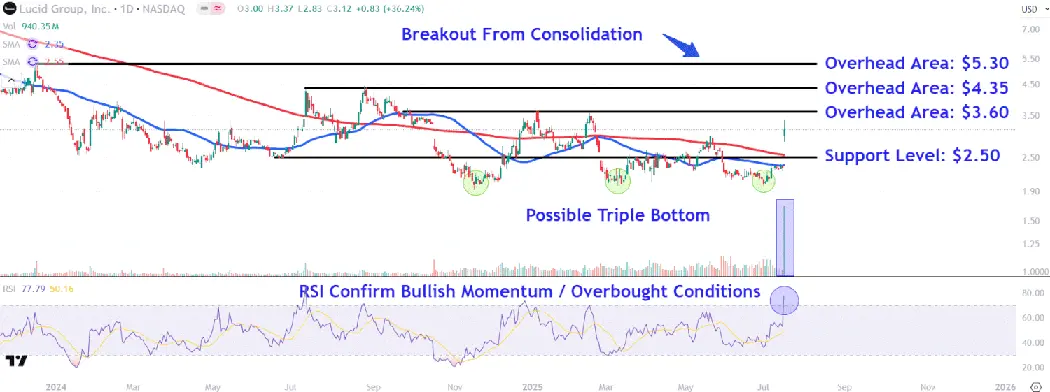
Lucid Stock Soars on Partnership with Uber
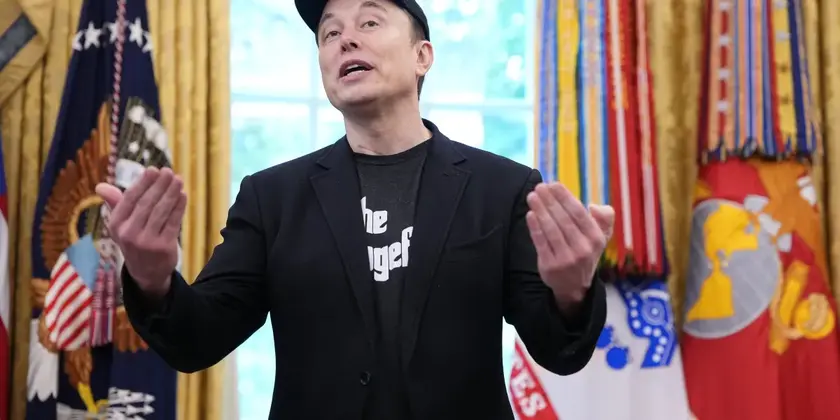
Tesla to allow owners to join robotaxi network in 2024
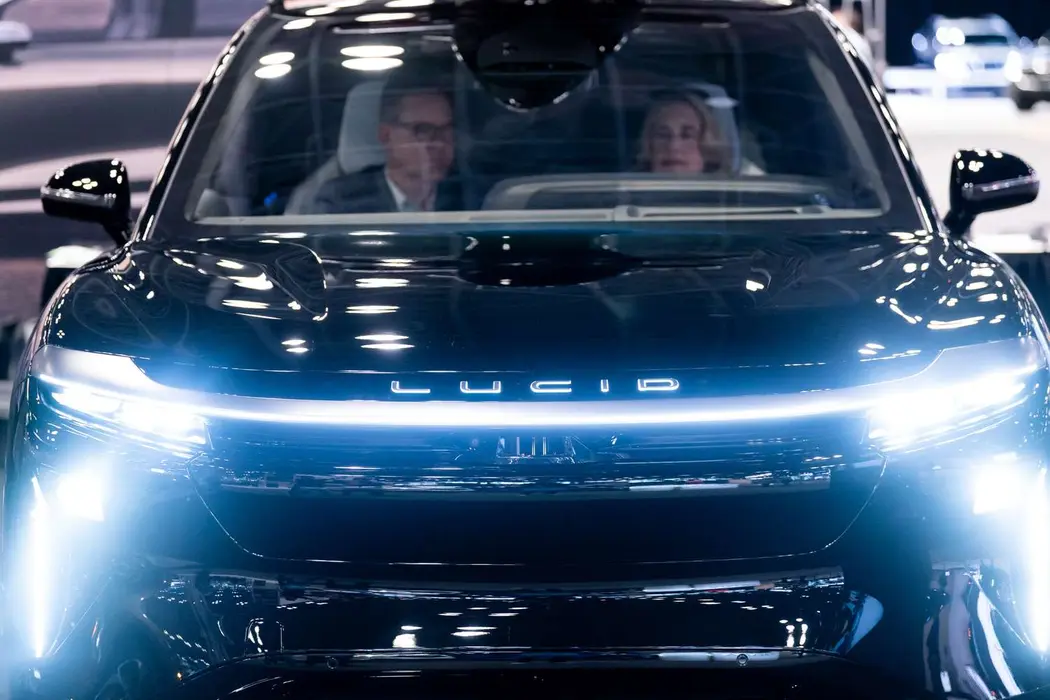
Lucid stock rises sharply on partnership
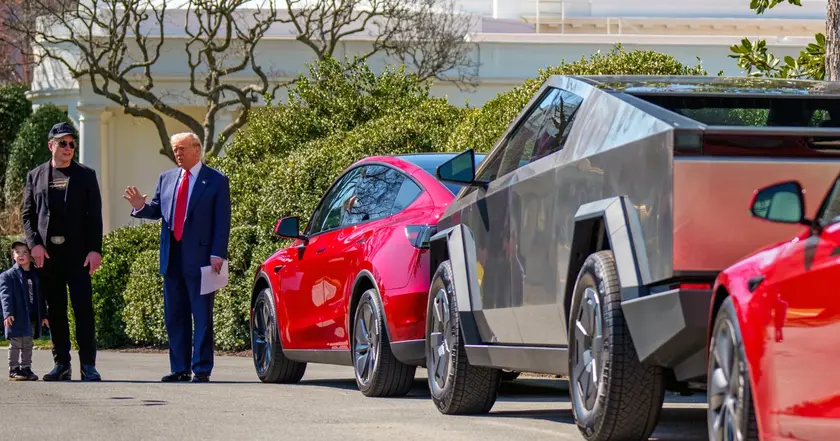
Tesla faces decline in revenue amid political controversies
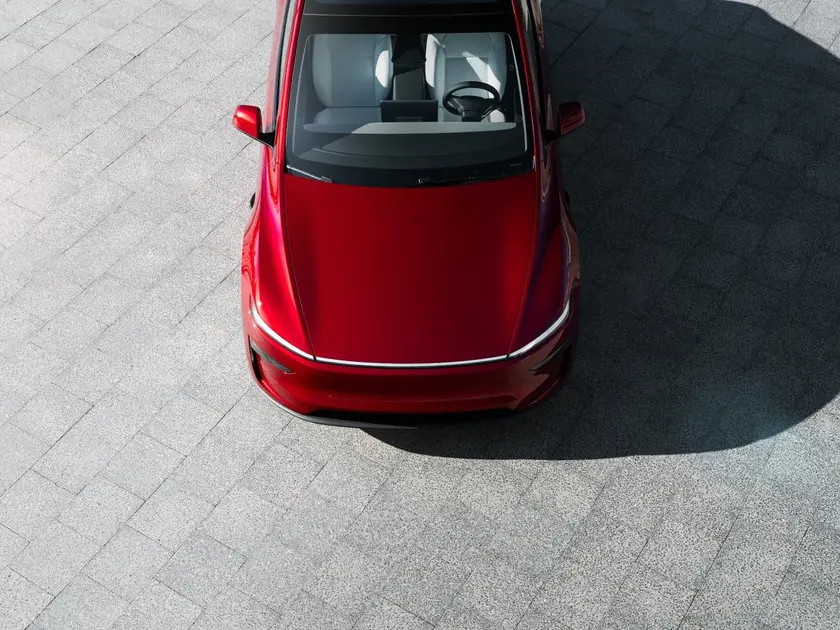
Tesla Starts Production of Affordable Model for 2025 Launch
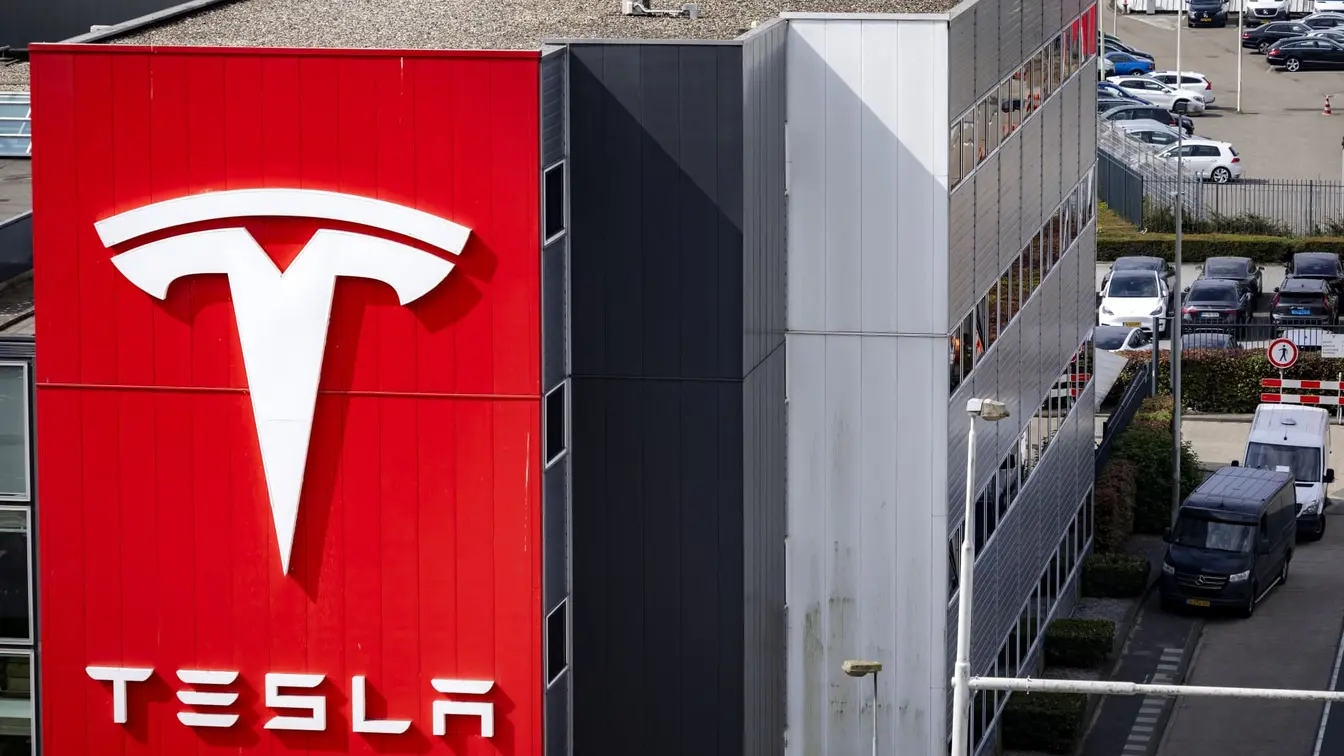
Tesla eyes UK electricity license
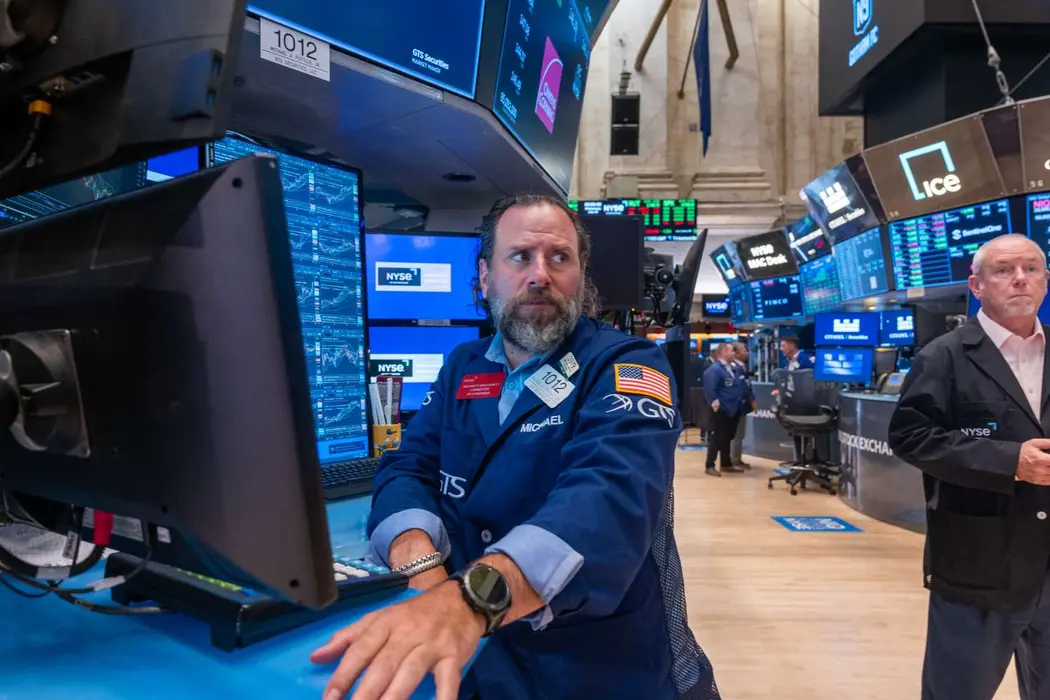
S&P 500 and Nasdaq Close at Record Highs
